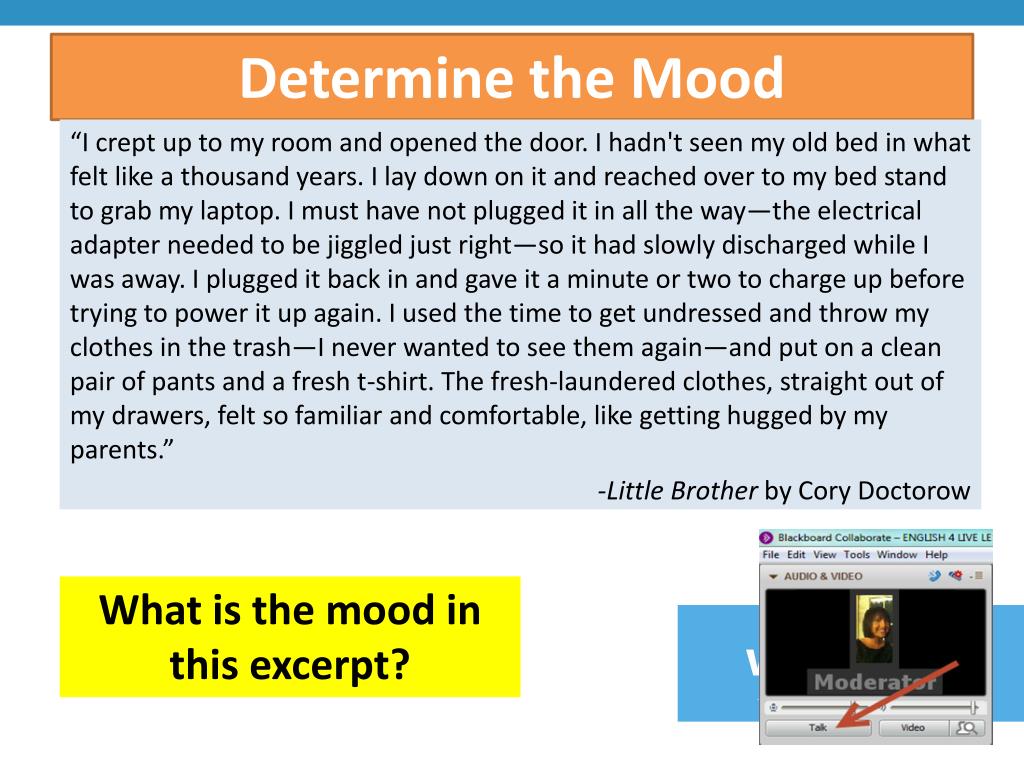
The time duration between moods and emotions can vary from person to person. Moods provide a general emotional orientation, while emotions are more specific feelings that result from the appraisal of an event or experience.


Moods help us to orient ourselves emotionally to our environment.It is important to remember that moods and emotions are normal and natural parts of the human experience.Moods influence our emotions, which give us information about what’s going on around us and how we should respond emotionally to it.īoth moods and emotions serve important functions in our lives:.This feeling typically leads to avoidance behaviors, such as gagging or spitting out food that might have been tainted by the object causing disgust. People who are disgusted often feel as though something has contaminated them in some way, either physically or morally. Disgust: Disgust is a negative emotion that is associated with feelings of repulsion and rejection.Fear: Fear is a negative emotion that is interlinked with feelings of apprehension or terror People who are afraid often feel nervous or on edge.Anger: Anger is a negative emotion that is associated with feelings of hostility and aggression People who are angry often feel irritated or frustrated.People who are sad often feel down or blue. Sadness: Sadness is a negative emotion that is associated with feelings of unhappiness, grief, and loss.People who are happy tend to be optimistic and have a sense of well-being. Happiness: Happiness is a positive emotion that is associated with feelings of joy, pleasure, and satisfaction.However, most theories include four or five basic emotions: happiness, sadness, anger, fear, and disgust. There are a number of different theories about the types of emotions. The appraisal can be cognitive (e.g., I am happy because I got promoted at work) or somatic (I feel excited because my heart rate is up and my palms are sweaty).Įmotions involve both physiological changes in the body, such as increased heart rate or release of adrenaline, and subjective feelings, such as happiness or sadness. What Are Emotions?Įmotions are a type of mood that occurs as a result of the appraisal of an event or experience. Moods can be happy, sad, angry, or fearful, but they are not as specific or intense as emotions. For example, happiness, sadness, anger, and fear are all emotions. Emotions are typically more specific and intense than moods.

The definition of mood is similar to the definition of emotion, but there is a slight difference. “In addition, mood can change by many factors such as biological factors such as hormones, sleep deprivation, or illness environmental factors like lighting or noise levels cognitive processes such as attention span and information processing styles interpersonal interactions with other people and daily events including positive things (e.g., birthdays) and negative things (e.g., accidents).” Moods are typically related to how someone feels about something or some situation.

The mood is a term that describes the pervasive and temporary affective state of an individual.
#Moods of a story list how to#


 0 kommentar(er)
0 kommentar(er)
